
Under this final rule, DHS may use its "PAROLE" authority to grant a "Startup Parole", or a period of authorized stay, on a case-by-case basis, to foreign entrepreneurs who demonstrate that their stay in the United States would provide a significant public benefit through the potential for rapid business growth and job creation.
The new rule effective date is July 17, 2017, which is 180 days after its publication in the Federal Register.
This final rule adds a new section 8 CFR 212.19 to provide guidance with respect to the use of parole for entrepreneurs of start-up entities based upon significant public benefit.
DHS estimates that 2,940 entrepreneurs will be eligible under this rule annually. Eligible entrepreneurs may be granted a stay of up to 30 months, with the possibility to extend the period by up to 30 additional months if they meet certain criteria, in the discretion of DHS.
Under this final rule, eligibility may be extended to up to three entrepreneurs per start-up entity, as well as spouses and children. Entrepreneurs granted stays will be eligible to work only for their start-up business. Their spouses may apply for work authorization in the United States, but their children will not be eligible.An applicant would need to demonstrate that he or she meets the following criteria to be considered under this rule:
- The applicant possesses a substantial ownership interest in a start-up entity created within the past five years in the United States that has substantial potential for rapid growth and job creation.
- The applicant has a central and active role in the start-up entity such that the applicant is well-positioned to substantially assist with the growth and success of the business.
- The applicant can prove that his or her stay will provide a significant public benefit to the United States based on the applicant’s role as an entrepreneur of the start-up entity by:
- Showing that the start-up entity has received a significant investment of capital from certain qualified U.S. investors with established records of successful investments;
- Showing that the start-up entity has received significant awards or grants for economic development, research and development, or job creation (or other types of grants or awards typically given to start-up entities) from federal, state or local government entities that regularly provide such awards or grants to start-up entities; or
Briefly in Russian:
Стартап Пароль или Виза на 30 месяцев для предпринимателей в США.
17 января 2017, Иммиграционная служба США (USCIS / DHS) опубликовала новый Закон по поощрению предпринимательства и стартапов в США.
Иностранным бизнесменам и предпринимателям открывающим новый бизнес в США (и членам семей - супругам и детям) будет предоставлятся Пароль (разрешение на въезд и проживание в США сроком на 30 месяцев с продлением, разрешение на работу для предпринимателя и его супруга(-и), но не детей).
Закон вступает в силу 17 июля 2017 года.
Новый статус Пароль для предпринимателей стартапа будут доступен лицам, чьи стартапы были сформированы в течение последних 5 лет, при условии что данный инвестор продолжает играть в нем “центральную и активную роль”.
Одна стартап компания сможет получить пароли не более, чем на 3-х своих иностранных учредителей (плюс члены их семей).
Супруги предпринимателя будут иметь право подать заявление на разрешение на работу, и смогут работать в любом бизнесе или организации, а не только в стартапе. Сам предприниматель имеет право только руководить и работать в своем стартапе. Дети предпринимателя не имеют право на работу, находясь в США по этому паролю.
Госпошлина в USCIS за подачу заявления на такой Пароль составит US$1,200.
Предприниматель должен владеть не менее чем 10% от стартапа, при этом показать, что стартап имеет потенциал для быстрого роста и создания новых рабочих мест. Это показывается:
А) наличием американского инвестора, который инвестировал от US$250,000 в стартап, или
В) получением государственных грантов от US$100,000; или
С) частично # А или # В выше с предоставлением "убедительных доказательств", что стартап обеспечит «значительный положительный эффект для общества" в США.
Предприниматель сможет продлить Пароль по истечении 30 месяцев, если он докажет, что стартап создал как минимум 5 рабочих мест, соответствующим требованиям закона, и его доля в стартапе не упала ниже 5 процентов.
Все детали внизу по линку.
You can read the new rule in the Federal Register or download the PDF file here.

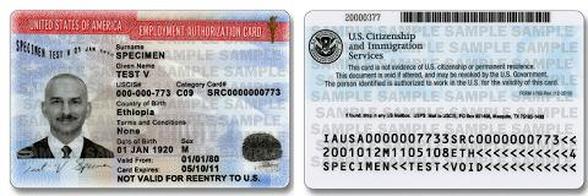
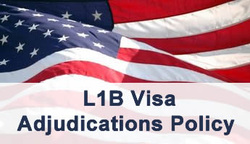

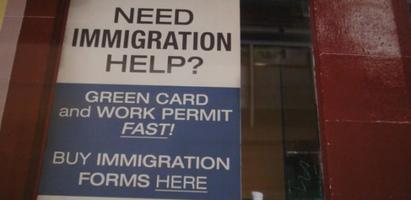
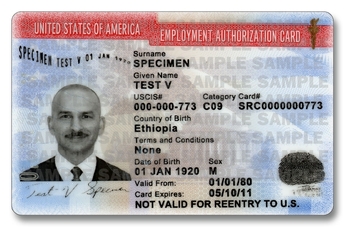


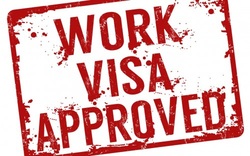
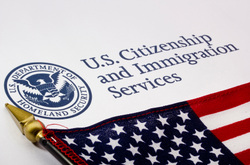

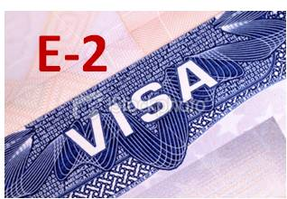
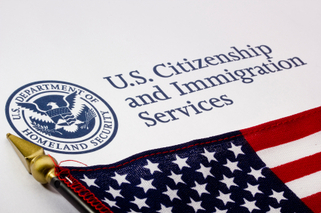
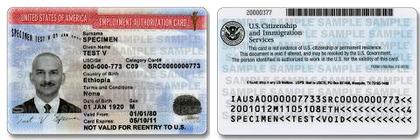

 RSS Feed
RSS Feed